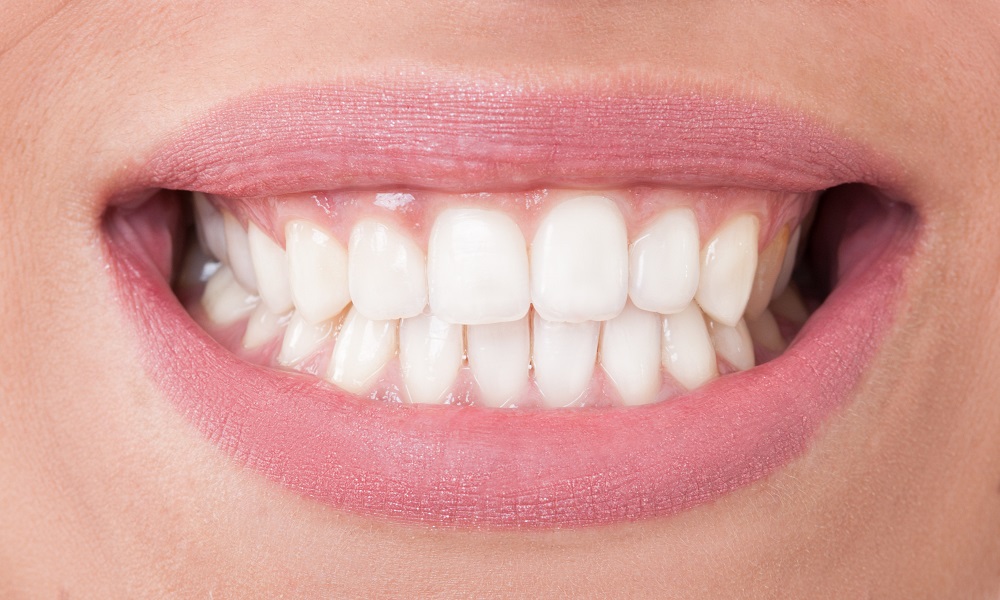Cavities, or tooth decay, are an incredibly common dental issue affecting almost 90% of adults between 20 and 64 years old, according to a 2016 study. They’re caused by bacteria in the mouth producing acids that erode the enamel, which is the teeth’s outer protective layer. When most people think of cavities, they tend to think of bad oral hygiene and sugary foods as causes, but certain diseases can also cause you to develop cavities. This article will discuss some of these diseases and provide practical DIY tips for cavity prevention.
Overview of Cavities and Their Causes
Cavities start forming when bacteria in the mouth interacts with sugars and starches from food and beverages, which forms acid that attacks the enamel. This process happens many, many times over the course of your life, and over time, repeated exposure to these acids makes small holes, or cavities, in teeth. Certain practices can accelerate the process and lead to tooth decay causes, like poor oral hygiene, frequent snacking, and diets high in sugar. That being said, there are also certain diseases that can contribute to the development of cavities by altering the mouth’s environment or impacting oral health directly.
Diseases That Contribute to Cavities
Dry Mouth (Xerostomia)
Saliva has a huge role in keeping your mouth healthy because it neutralizes acids, washes away food particles, and provides minerals that repair early tooth decay. Xerostomia, commonly known as dry mouth, is a condition caused by reduced saliva production, and one of the most common causes of cavities. Autoimmune diseases like Sjögren’s syndrome, as well as by side effects of various medications for conditions such as high blood pressure and depression can lead to dry mouth. If your mouth isn’t producing enough saliva, it’s not neutralizing enough acids, which increases your risk of cavities. Fortunately, knowing how to prevent cavities from dry mouth and mitigating dry mouth itself often go hand in hand.
DIY Prevention Tips:
-
- Drink plenty of water throughout the day.
- Use saliva substitutes or sugar-free chewing gum to stimulate saliva production.
- Avoid alcohol and caffeine, which make a dry mouth worse.
Gastroesophageal Reflux Disease (GERD)
GERD is a condition where stomach acid flows back into the esophagus, and sometimes it can go all the way back up to the mouth. Tooth enamel will erode when it’s exposed to stomach acid like this, leading to cavities, particularly on the back teeth. There are several ways you can manage GERD, especially when you know how GERD affects teeth, going a long way toward your overall health and reduces your risk of developing cavities.
DIY Prevention Tips:
- Don’t eat meals that are too large or lie down right after eating.
- Eat less acidic foods and drinks, like citrus and soda.
- Control acid reflux with medications like antacids, according to your healthcare provider’s advice.
Diabetes
Many people may be asking, “can diabetes cause cavities?” and the answer is yes, but not directly. People with diabetes, especially if they don’t control it well, are at higher risk for cavities. Higher blood sugar levels lead to higher glucose levels in saliva, which acts as food for the bacteria in the mouth the cause cavities. This makes the mouth produce more acid for a greater chance of tooth decay. Moreover, diabetes make it harder for the body to fight infections, like gum disease, which certainly makes oral health worse.
DIY Prevention Tips:
- Control blood sugar levels with diet, exercise, and sticking to your medications.
- Brush twice daily with fluoride toothpaste and floss regularly to remove plaque.
- Visit the top dentists NJ regularly to monitor and manage any dental issues.
Eating Disorders (Bulimia and Anorexia)
Believe it or not, eating disorders, like bulimia and anorexia, can have severe effects on oral health. People with bulimia vomit frequently, and vomiting exposes the teeth to strong stomach acids that erode enamel, thereby increasing the risk of cavities. People with anorexia tend to be deficient in several nutrients, and these deficiencies weaken the teeth and gums, so they’re more susceptible to decay and infection.
DIY Prevention Tips:
- Seek professional help to address the underlying eating disorder.
- Rinse your mouth with water or a fluoride rinse after vomiting, but don’t brush, since that can damage the already delicate enamel further.
- Focus on maintaining a balanced diet that supports overall and dental health.
Preventive Measures for Cavities
Good Oral Hygiene Practices
If you want to prevent cavities, you need to maintain good oral hygiene practices. Brush your teeth twice a day with fluoride toothpaste, floss every day to get rid of plaque between your teeth, and think about adding an antibacterial mouthwash to the mix to reduce bacteria that cause cavities. You also want to attend your regularly scheduled dental check-ups to catch and treat early signs of tooth decay before they get worse.
Dietary Tips
Your diet plays a huge role in preventing cavities. Limit the amount of sugary snacks and drinks you’re consuming, since they give your mouth bacteria fuel for producing acid. Eat more foods that won’t cause as many cavities, like cheese, nuts, and crunchy vegetables. These foods stimulate saliva flow and provide essential nutrients to keep your teeth strong.
Use of Fluoride and Dental Sealants
Fluoride is a mineral that strengthens enamel, therefore repairing early decay. Ideally, the toothpaste you use twice a day should contain fluoride, and if you’re at high risk for cavities, think about talking to your dentist about additional fluoride treatments. Dental sealants, a thin protective coating applied to the chewing surfaces of back teeth, can also prevent decay by blocking out food and bacteria.
Tooth Decay Causes and Cavity Prevention
You can prevent cavities if you take a proactive approach to your oral health, especially if you’re aware of the conditions that increase your risk. When you manage diseases like dry mouth, GERD, diabetes, and eating disorders, and practice good oral hygiene, you can make your chances of developing cavities much lower. Regular dental visits, combined with these DIY preventive measures, will help keep your teeth healthy and strong.




